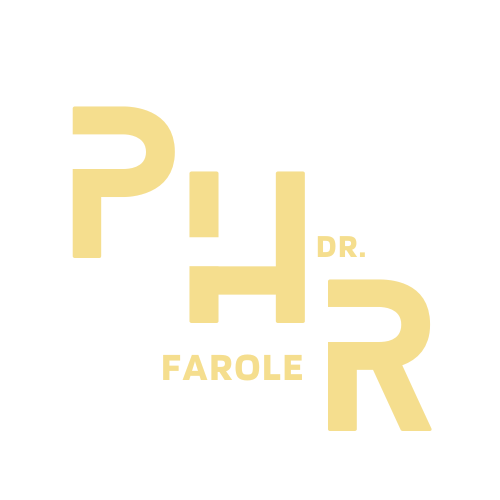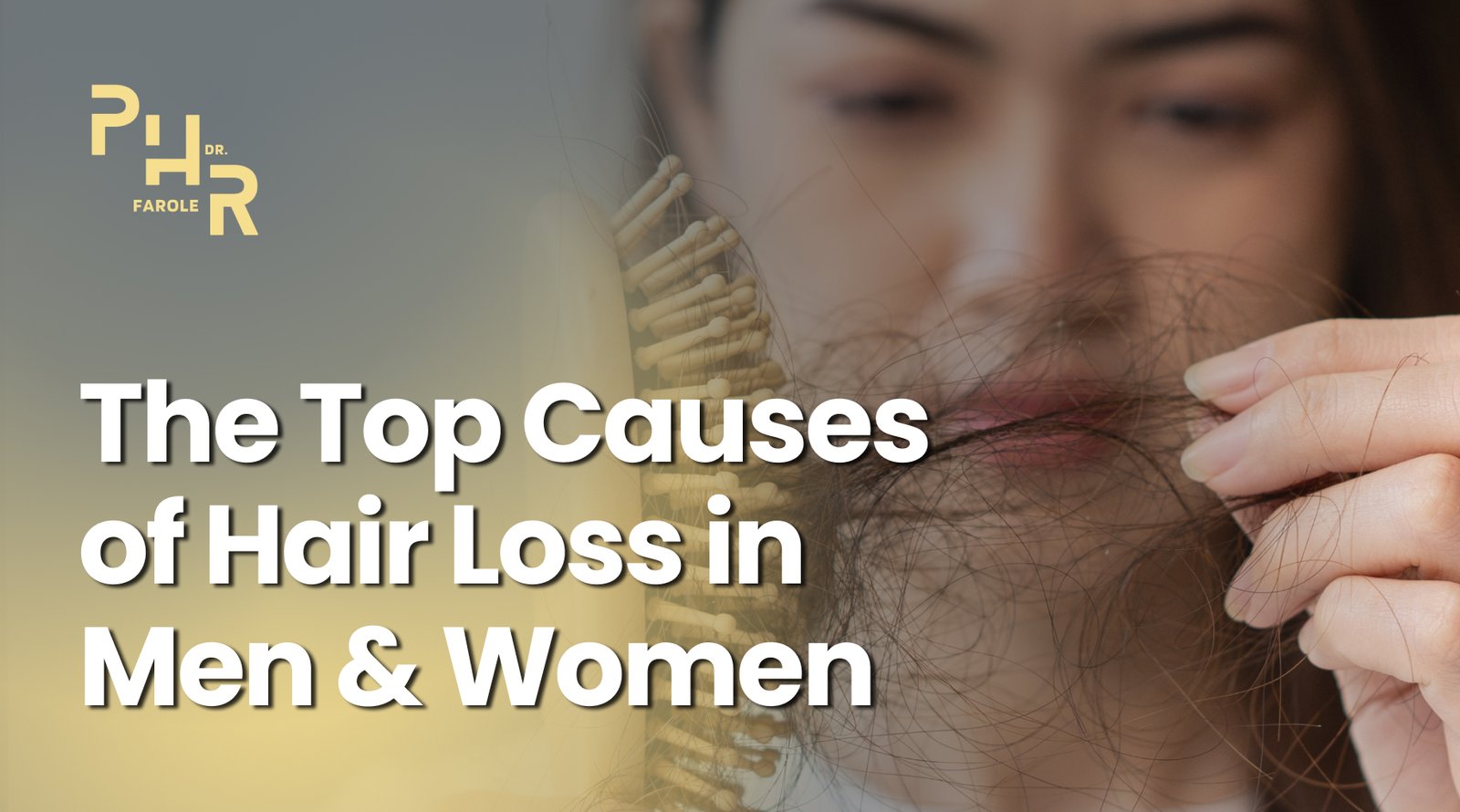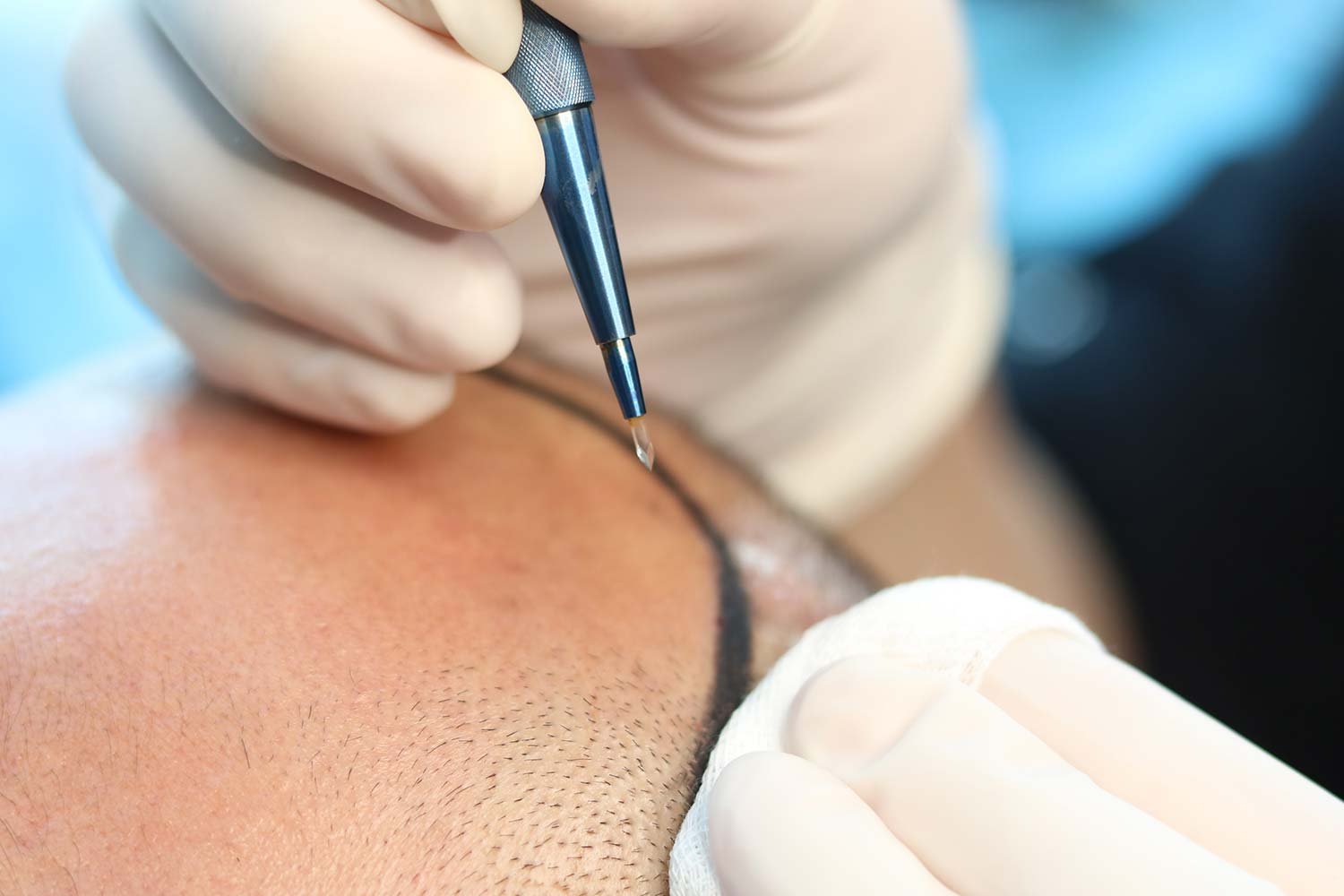Do you ever glance in the mirror and wonder, “What happened to the once-luscious, youthful hair I had some time back? Or perhaps you’ve noticed faint signs of your hairline receding, a gradual but persistent journey. Whichever the case, you are not alone.
Hair loss is a universal human condition that spans beyond gender, age, and culture. It’s something we’re all concerned about, and it’s usually about more than just hair; it’s about confidence, self-esteem, and feeling like the greatest version of yourself.
In other words, anyone can experience hair loss, but what can you do about it? Well, this is where hair transplant comes in. But despite being an enticing and baffling idea, many of us have a few concerns like, “When is the right time for a hair transplant?” or “What is the best age for a hair transplant?” The answer to these questions is anything but universal. Instead, it is a profoundly personal decision influenced by your unique situation, desires, and, of course, your age.
That’s what this article intends to discuss—the complex relationship between age and hair transplant in detail. By the end of this post, you should be able to reach a well-informed decision regarding hair restoration. Read on!
Age and Hair Loss: When Does it Begin?
As mentioned earlier, hair loss does not discriminate, regardless of age, gender, or socioeconomic status. And so, understanding the causes of this prevalent phenomenon is critical in determining when to pursue a hair transplant.
Common Reasons Behind Hair Loss
Hair loss is a complex jigsaw with several parts to the final picture. One of these pieces is genetics, which is often pivotal. Better put, if your family tree is ornamented with bald branches, you may be at greater risk.
Hormones have a role as well, particularly dihydrotestosterone (DHT), a hormonal perpetrator that’s known to weaken hair follicles, often resulting in thinning and eventual hair loss.
Moreover, factors such as diet, stress, and medical issues can also play roles in this drama.
When Exactly Does Hair Loss Usually Start?
Well, there is no definite answer to this question, as the onset of hair loss tends to be as varied as the people who suffer from it. Some individuals may experience their initial receding hairline in their late teens, whereas others might maintain a full head of hair into their late 50s.
But if we’re to try and give concrete figures, male pattern baldness, which is the most prevalent type of hair loss, typically manifests itself around the age of 30. Women, on the other hand, may experience diminished hair growth as a result of age-related hormonal changes, most commonly during or after menopause.
Hair Loss Prevalence Across Age Groups
Let’s look at numbers to obtain a clearer view. According to NIH MedlinePlus, more than 50% of men aged 50 and above suffer from some kind of hair loss. Another report by American Hair Research Society shows that roughly 50% of women will see notable hair thinning by the time they hit 50.
These numbers, however, only provide broad strokes on a complex painting. As emphasized in the previous section, the exact age and extent of hair loss may vary greatly across different individuals.
The Psychological Impact of Hair Loss
We can all agree that hair loss is more than just the strands that fall to the floor. It’s a very personal journey with lasting psychological and emotional implications, which are more than capable of taking an emotional toll on those affected.
For most people, the very first signs of hair loss can set off an upsurge of feelings ranging from insecurity and self-doubt to irritation and even depression. It’s no secret our hair has an inherent connection to our identity, often representing youth, life, and charm. And as it fades, so does our confidence, influencing how we see ourselves and how others see us. Little things like combing hair or looking in the mirror become a trigger of anxiety rather than a routine.
Hair Transplant as a Remedy
The psychological impact of hair loss can prove serious, and it’s no wonder that many people seek out hair transplants as a remedy. Besides restoring your lost hair, a successful hair transplant can be an inspiration for recovering lost confidence and renewing one’s self-image.
The possibility of having a natural-looking head of hair may be a turning point in your life, changing not only how the rest of the world perceives you, but more significantly, how you perceive yourself.
Eligibility and Age: Minimum Age for Hair Transplants
The decision to have a hair transplant is a big one, and it’s not for everyone. While everyone shares the desire to have their hair restored, eligibility for surgery is determined by a number of factors, one of which is age.
Common Eligibility Criteria
Remember, a hair transplant is a medical procedure, and just like any other surgical procedure, it has specified eligibility requirements. Nevertheless, these criteria may differ slightly depending on the surgeon.
But even so, there exist some common considerations:
- Stable Hair Loss: To qualify for a hair transplant, it is critical for your hair loss to have stabilized. Suppose your hair loss is still ongoing, you might be better off without a transplant, as it won’t stop more hair loss from occurring.
- Adequate Donor Hair: A sufficient amount of healthy donor hair should be available for the transplant. Usually, the hair is extracted from the back and sides of your head.
- Healthy Scalp: For a hair transplant to be successful, your scalp must be healthy. Conditions such as scalp infections may render the procedure difficult.
- Realistic Expectations: Even as you contemplate a hair transplant, it is essential to have realistic expectations. Sure, a hair transplant can enhance the visual appeal of your hair but don’t expect it to make you look like Zac Efron or your favorite Hollywood celebrity.
Considerations and Minimum Age Requirements
Let us now look at the age factor. Is there an age limit for hair transplants? Well, not quite. There is no universal age limit for a hair transplant. But that doesn’t change the fact that age plays a vital role when determining eligibility. Most surgeons may encourage patients to wait until:
- Age 18-25 for younger candidates: Hair loss generally starts to occur at a young age, particularly in men with male pattern baldness. Surgeons often advise waiting till you’re 25 to 30 years old, as you’re more likely to have a better idea of the severity and stability of your hair loss, at this age.
- Over 30 for Mature Candidates: Eligibility for those over 30 may be more lenient. If you’re in your 30s, 40s, or older and meet the other requirements, chances are you’re a good fit.
Importance of Age in Eligibility
Age has an impact on the nature and course of hair loss. Younger people may not realize how serious their hair loss could become in the future; therefore, it makes sense to hold off until a more consistent pattern emerges.
In the case of mature individuals, surgeons can have a better picture of the hair loss extent, enabling them to plan the transplant accordingly. This age-based criterion aids in ensuring that the process yields long-lasting and desirable results.
The Optimal Age Range for Hair Transplants
Getting through the maze of hair transplants has a lot to do with timing. Finding your age’s sweet spot is critical to how well and effectively your hair transplant experience will turn out. That said, let’s look at the various considerations, the suitability for various age groups, and the inherent pros and cons associated with each.
Considering Relevant Factors
Several important criteria must be considered when deciding the best hair transplant age. For one, it is critical to understand age-related hair loss trends. Since genetic predispositions may influence the rate and extent of hair loss, it is critical to assess hair loss stability before proceeding with a transplant.
Furthermore, the quality and quantity of available donor hair, which is sometimes determined by hereditary factors, are critical in determining the procedure’s success and effectiveness.
It is also necessary to consider one’s overall well-being. Younger people typically have better general health, which might contribute to a faster and more seamless recovery. However, older people may need to be more cautious and thorough when assessing their health before deciding on a transplant.
Candidatеs Bеtwееn Agеs 18 and 30
Hair loss in young pеoplе is oftеn prеvalеnt duе to gеnеtic reasons. And whilе it is common for individuals in this brackеt to havе a strong dеsirе to rеstorе their hair’s youthfulnеss, it is important that thеy еxеrcisе patiеncе and wait until thеir hair loss has stabilizеd.
Pros
- You havе a long-tеrm pеrspеctivе: By bеing patiеnt, you will bе ablе to propеrly assеss thе scalе of your hair loss and arrivе at a morе informеd dеcision.
- Ovеrall good hеalth: Youngеr individuals havе supеrior ovеrall hеalth than thosе from othеr agе groups.
Cons
- Multiplе procеdurеs may bе rеquirеd: Youngеr pеoplе may rеquirе morе procеdurеs ovеr timе.
- Risk of future hair loss. If a transplant is pеrformеd too soon, continuеd hair loss could call for morе procеdurеs.
Candidatеs in thеir 30s and 40s
If in this agе brackеt, you should havе a clеarеr picturе of your hair loss еxtеnt. For that rеason, this is thе idеal agе rangе for most pеoplе to gеt a hair transplant.
Pros
- A stablе hair loss pattеrn: You arе morе likеly to havе a stablе pattеrn of hair loss.
- Grеatеr sеlf-awarеnеss: Knowing thе sеvеrity of your hair thinning and having rеasonablе еxpеctations arе both advantagеs.
- Possibility of addressing previous concerns: It may be an appropriate momеnt if you have been patient and now fееl ready for the treatment.
Cons
- Age-related health concerns: As you get older, your overall health factors may nееd to be evaluated more thoroughly before getting to the surgery.
Mature Candidates (Over Age 50)
While there is no set upper age limit for hair transplants, applicants in their 50s and older may face special considerations.
Pros
- Stable hair loss: In this age bracket, your hair loss trend is most likely steady.
- More time to think: By this age, you’ve had plenty of time to think about your decision properly.
Cons
- Age-related health factors: Senior individuals may require more extensive health assessments.
- Multiple procedures: A long-term approach may include several procedures.
Post-Hair Transplant Aging: What to Expect
Aging is a natural part of life, and as we live through the years, our hair, too, changes. As such, understanding how aging impacts hair transplant results is crucial to making an informed decision.
How Aging Impacts Hair Transplant Results
It makes sense to describe hair transplants as dynamic, as the results tend to change over time. How your hair looks immediately after the surgery may not be the same as its appearance a year or two down the line. And it’s no surprise that this change is highly influenced by age.
That’s why it’s important to make peace with the fact that your remaining hair may keep on shrinking or receding as you age. While the transplanted hair maintains its traits, the same can’t be said for the surrounding hair. This may result in a less natural-looking and uniform appearance. For that reason, it’s critical for older people to take into account the possibility of continuous hair loss and how it may affect the appearance of the transplant in the long run.
Bottomline
As this article has established, determining the appropriate age for a hair transplant is a complex balancing act that depends on factors such as the stability of hair loss, genetic makeup, and one’s overall health. Despite age being vital in the whole ordeal, it is only one element of this complex puzzle.
Consulting with a trained specialist like Dr. Anthony Farole, who can tailor the approach to your individual circumstances, should lead to your decision. Whether you’re in your twenties or late 40s, the objective is the same: to restore not only your hair but also the confidence and self-assurance that comes with it.
At Philadelphia Hair Restoration, we believe that by understanding the intricate relationship between aging and hair transplants, you will reach a decision that will leave you feeling renewed and pleased with the image you see in the mirror.
We welcome you to take the first step toward hair restoration by requesting individualized guidance and discussing your individual journey. Do not hesitate to schedule a consultation with us today.




